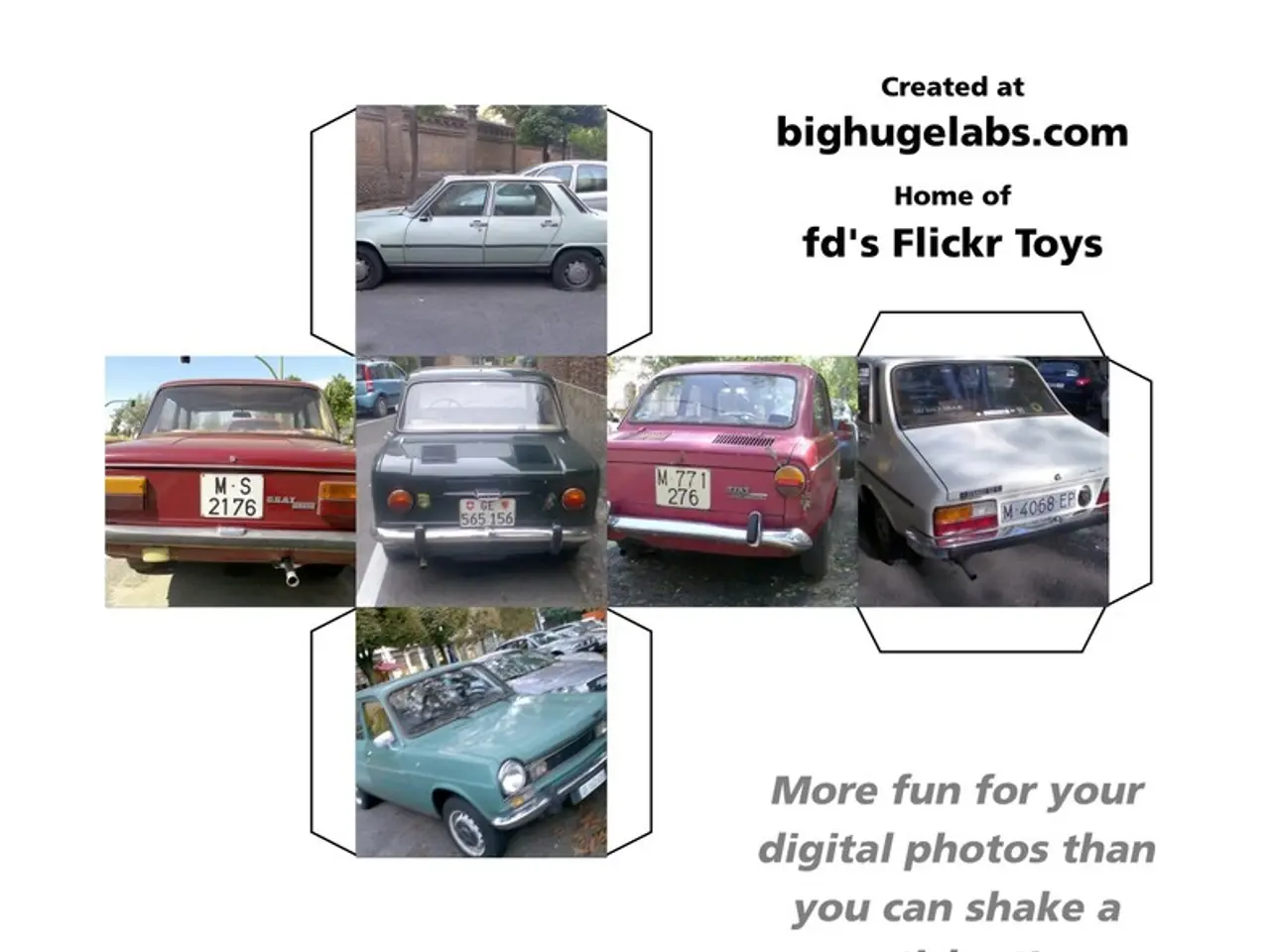Audi abandons electric vehicle (EV) exclusivity, maintains combustion engines in production
Audi, a leading automobile manufacturer, has announced a strategic shift in its vehicle production strategy. The German carmaker, which will lead the VW Group's SSP platform development for electric vehicles (EVs) and range-extender setups, has abandoned its previous EV-only ambition and will continue producing petrol and hybrid vehicles beyond 2033.
Audi's CEO, Gernot Döllner, confirmed this new direction in a recent announcement, stating that the decision reflects a growing industry trend towards a more realistic multi-drivetrain approach. This new lineup will provide Audi with flexibility for at least another 7 to 10 years.
The new lineup will see the launch of a variety of new vehicles between 2024 and 2026. Among these, Audi has revealed that the Audi A3 e-tron will be introduced in 2026 as an electric version similar to the A3. The A1 and Q2 are expected to be phased out below the new EV, marking a new beginning for Audi's range.
While Döllner teased the possibility of an R8 or TT, he made no promises. However, the next RS6 could feature a plug-in hybrid system, indicating Audi's commitment to a balanced approach in its vehicle production.
In addition, Audi has announced that it will not be releasing affordable small EVs like the ID.2 and Epiq, unlike sibling brands Volkswagen and Skoda. This decision is part of Audi's strategic shift towards flexibility in vehicle production.
The renewed involvement of Audi in Formula One could also inspire road cars of the future. However, Audi has not disclosed exact model timelines yet, leaving enthusiasts eagerly awaiting more details.
Audi's new direction comes in response to the strategic shift laid down by the previous leadership towards a pure-EV path. The company is developing a standalone EV roughly the size of an A3, set to debut in 2026 and likely to be the new starting point in Audi's future range.
This new approach will see Audi leading the VW Group's SSP platform development, now adapted to support range-extender internal combustion engine (ICE) applications. This move is expected to strengthen Audi's position in the competitive automotive market, providing consumers with a diverse range of vehicles to choose from.
As Audi moves forward with this new strategy, it remains committed to its mission of delivering high-quality, innovative, and sustainable vehicles to its customers. The company's new lineup is set to launch in the coming years, promising an exciting future for Audi and its fans.
Read also:
- Fructose Market Forecasted to Exceed $8.1 Billion by 2034
- Latest Edition of Bus-News Magazine Arrives for 2023!
- Testing the Camp Mode of the 2025 Tesla Model Y with Juniper's interior housing two kids, shockingly low CO2 levels were discovered.
- Lawsuit Filed by Magnite against Google; Google Plans £5bn Investment in UK AI; Australia Rejects Accuracy Threshold for Social Media Age-Verification Technology Implementation








